Coffee, Good or Bad For You?
When clients ask me if coffee is good for you, I am mindful that it’s probably a redundant question. For many, our relationship with coffee is visceral and personal, elevating it from a mere beverage to a substance that feels crucial to our survival!
Thankfully for many, coffee can be enjoyed without adverse health effects and in fact coffee has been linked with many health benefits. However, like many questions about health, individual factors apply.
Benefits of coffee
More energy
As we know coffee beans contain caffeine a natural stimulant that can boost energy and alertness.
More regular bowel movements
Coffee increases the movement of your gastrointestinal tract and can promote the desire to have a bowel movement.
Better mood
Studies suggest the mood enhancing benefits kick in pretty soon after consumption. If you are a coffee drinker or live with one, you can no doubt attest to this benefit.
Disease prevention
Numerous studies have linked drinking coffee with several health benefits including lower incidence of:
Type 2 diabetes, heart disease, liver and endometrial cancer, Parkinson disease, depression as well as thyroid dysfunction.
When Coffee is a Problem
The lift we get from coffee is related to several biochemical processes that occur soon after consumption. For starters, caffeine blunts the effect of adenosine, a chemical in the brain responsible for making you feel tired, so coffee makes you feel more alert.
Caffeine also triggers the release of stress hormones and activates the body’s ‘fight or flight’ response. Our heart rate increases, blood supply to our muscles increase, and glucose is released into the bloodstream, all of which can make us feel a sudden boost in energy.
These effects are temporary which many coffee drinkers attempt to solve by drinking another coffee and then another and another in an attempt to keep chasing the buzz.
Given its stimulatory effect, it’s not surprising that high levels of caffeine intake are associated with anxiety, raised blood pressure, as well as with sleep disorders and poor appetite.
Risk in pregnancy
Caffeine intake during pregnancy has been considered safe at low levels up to 200mg per day however more recent studies have shown caffeine intake being linked to an increased risk of miscarriage, stillbirth, low birth weight and/or small for gestational age, and childhood acute leukemia. Check with your health care provider.
Bone density
Some studies suggest that high levels of caffeine intake are linked with increase loss of calcium in the urine raising concerns for bone density, especially in at risk groups.
How much too much?
An average 8–ounce cup of espresso coffee contains around 80–100 milligrams of caffeine, instant coffee has slightly lower amounts. Moderate coffee drinking is considered to be anywhere from 1 to 5 coffees a day however individual caffeine tolerance can vary.
If you are already suffering from anxiety and poor sleep, I would suggest that a reduction in coffee consumption is a high priority. Even if you don’t experience anxiety but have a hard time switching off and unwinding then less caffeine can only help.
Regardless of what any expert study might tell you, the best way to gauge the benefit or otherwise of coffee consumption is to notice how your body feels after drinking coffee and if it doesn’t feel good then you have your answer.
